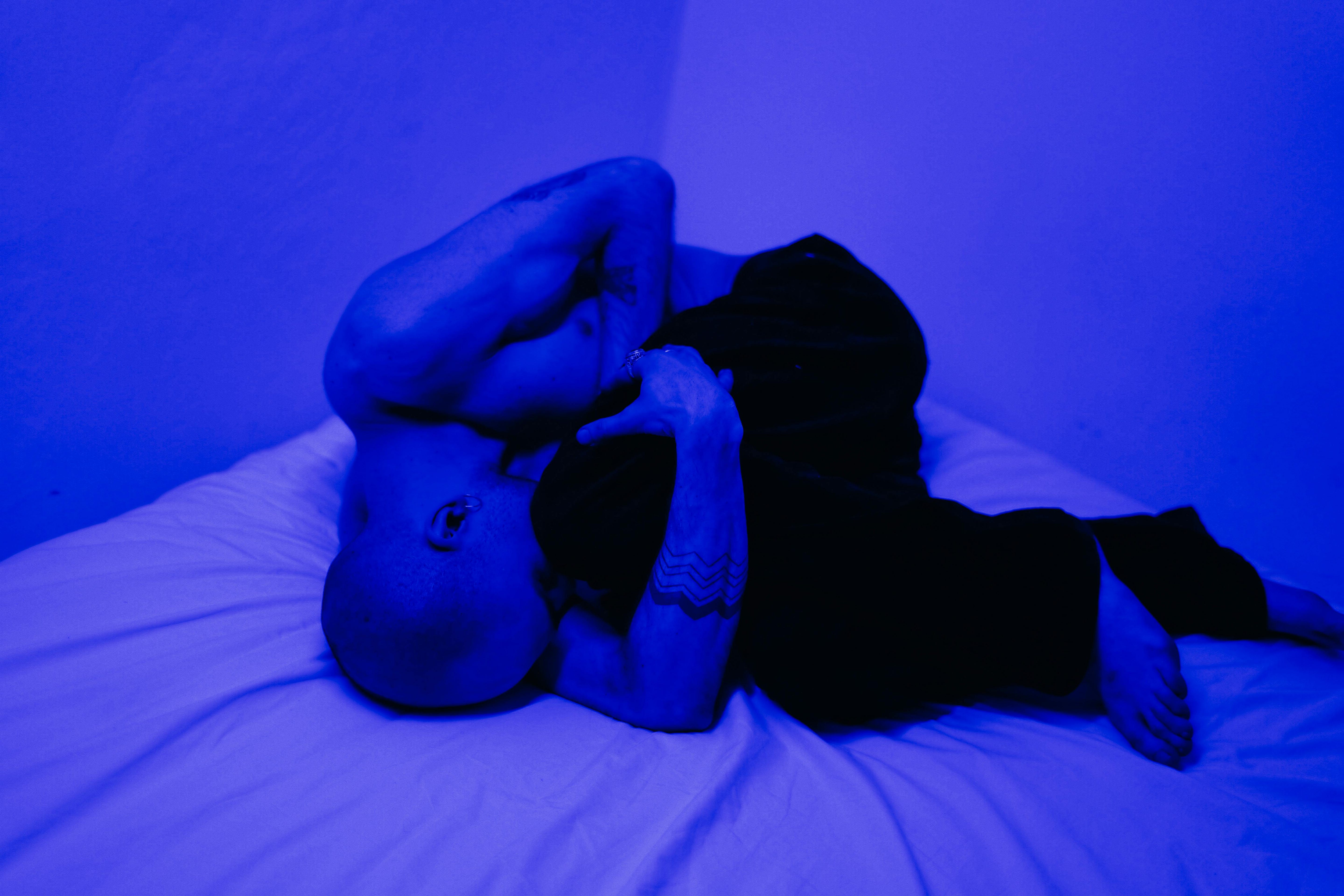Strong Bodies, Strong Minds: Mental Health for Dancers
More Than the Body: Why Dancers Need Therapy Too
Dear dancer,
Behind every seamless performance is a dancer managing not only physical demands, but mental and emotional ones, too. In an industry that praises perfection and resilience, mental health often gets pushed aside. This week, we’re breaking the silence.
Why This Matters
From performance anxiety and injury recovery to rejection and financial instability, we face unique psychological pressures. Mental wellness isn’t a luxury; it’s essential to longevity in this career. Yet, access to tailored support is still scarce.
The Reality: Mental Health Challenges in Dance
Dancers are often expected to be tireless, graceful, and unbreakable. But beneath the surface, many face a complex tangle of emotional and psychological challenges that are rarely acknowledged, let alone addressed. These include:
1. Performance Pressure & Perfectionism
The pressure to consistently perform at a high level, often under public scrutiny, can be intense. Auditions, castings, and constant competition lead many dancers to associate their worth with external validation. The pursuit of perfection can create a harsh inner critic, leaving little room for self-compassion or rest.
2. Body Image, Dysmorphia & Disordered Eating
Dancers work in mirrors. They’re recorded, critiqued, and compared, sometimes relentlessly. The focus on aesthetics in certain training environments can lead to harmful body image issues and unhealthy eating behaviours. While the industry is slowly evolving, toxic beauty standards persist.
Keep reading with a 7-day free trial
Subscribe to Essential Moves to keep reading this post and get 7 days of free access to the full post archives.




